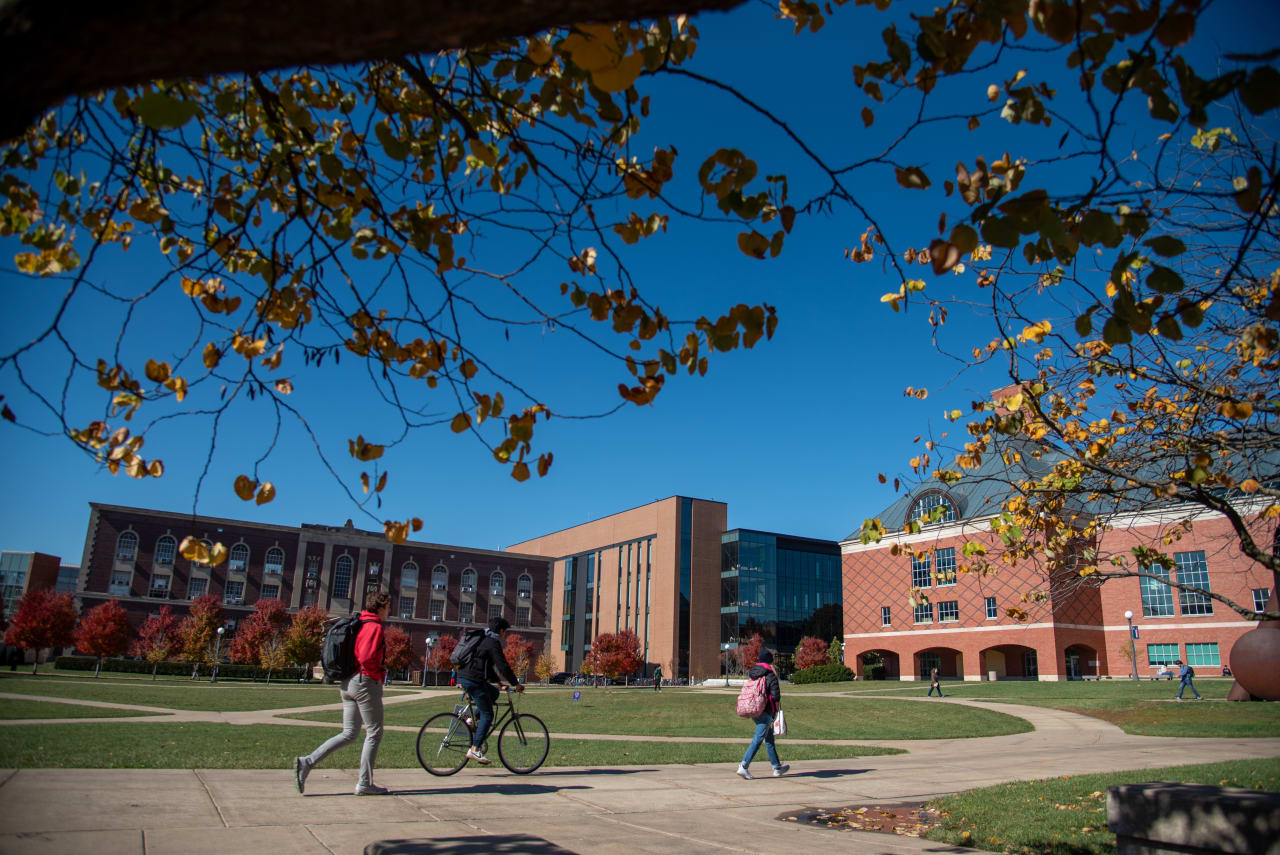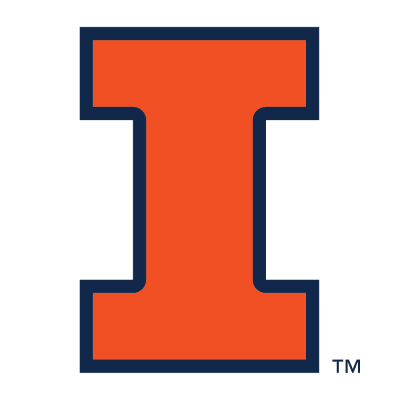
Master of Science in Biomedical Image Computing (BIC)
University of Illinois Urbana-Champaign – The Grainger College of Engineering

Key Information
Campus location
Urbana, USA
Languages
English
Study format
Distance Learning, On-Campus
Duration
1 - 5 year
Pace
Full time, Part time
Tuition fees
Request info
Application deadline
Request info
Earliest start date
Request info
* You will be able to find your program tuition by visiting the following link - https://cost.illinois.edu/
Introduction
Master of Science in Biomedical Image Computing (BIC)
Biomedical image computing is a large, rapidly growing industry and research field comprising the formation and analysis of diagnostic images. Both image system design and biomedical image analysis currently are being revolutionized at a tremendous rate by the emergence of machine learning techniques. This Master of Science in Biomedical Image Computing degree addresses the need for efficient, rigorous training focused at the intersection of biomedical imaging science, high-performance computing, and machine learning.
What Sets This Degree Apart
Comprehensive coursework
Instant and complete immersion in the burgeoning field of imaging science at the confluence of biomedical imaging and machine learning. Graduates from this degree program will find careers as engineers who are developing, translating, and evaluating biomedical imaging technologies that leverage machine learning methods.
Practical training
Hands-on experiences with computational imaging and machine learning — throughout the duration of the program and a capstone project — that involve real-world data and problems. The students will also receive training in critical aspects of high-performance computing that provide immediate value to students and employers.
World-class faculty
Innovative curriculum developed and taught by leading bioengineering faculty members who are actively working with a wide range of modern biomedical imaging modalities in real, well-funded imaging applications.
Admission requirements
Minimum Requirements
For the M.S. in BIC program:
- Bachelor’s degree in engineering, science or related discipline
- GPA 3.0 minimum for the last two years of undergraduate study
- GRE optional
- For applicants whose degree is not from an institution where English is the official language, TOEFL or IELTS test results are required
Applicants need to have a solid engineering and computing foundation during their undergraduate studies.
- Expected: an undergraduate degree in engineering or related quantitative disciplines; familiarity with multivariate calculus, linear algebra, signals and systems, and basic statistics.
- Highly recommended: Exposure to probability theory and computer programming; at least one introductory biomedical imaging course.
- Other recommended: Some exposure to image processing and analysis is highly desirable.
Selection Criteria
Applications are reviewed in their entirety, not just grades. Your personal essay as well as your letters of recommendation are just as important. We understand that there may be extenuating circumstances to explain GPAs, so we look at your entire background.
In addition, even if your TOEFL score is less than the minimum required of 103, this just means that, if accepted to the program, you might have to take English as a Second Language when you are on campus. It does not automatically mean that you will not qualify for our program.
Applications are reviewed on a rolling basis, and we would be able to make a decision regarding your application sooner if you submit your application earlier than the deadlines noted.
Deadline: June 30, 2023
Applications for the Fall 2023 on-campus cohort are being considered for admission consideration until June 30, 2023 (extended deadline).
Program content
The M.S. in Biomedical Image Computing (M.S. in BIC) program is an intensive professional degree that can be completed in three semesters while on campus. Students must complete 36 credit hours and are required to take the following core and elective classes:
First semester:
- Biomedical Computed Imaging Systems
- Computational Mathematics for Machine Learning and Imaging
- Applied High-Performance Computing for Imaging Science
- Current Topics in Biomedical Imaging
Second semester:
- Statistical Analysis of Biomedical Images
- Applied Deep Learning for Biomedical Imaging
- Foundations of Imaging Science
- Biomedical Image Computing Capstone Project Literature Review
Third semester:
- Regulations, Ethics, and Logistics in Biomedical Applications of Machine Learning
- Biomedical Image Computing Capstone Project
Choose one of the following:
- Deep Generative Models in Bioimaging
- OR an approved elective course (4 hours)
Approved elective courses:
Advisor approval is required for elective courses not listed below:
- Analytical Methods in Bioeng
- Computational Bioengineering
- Advanced Bioinstrumentation
- Individual Study
- Current Topics in Biomedical Imaging
- Computer Vision
- Deep Learning
- Vector Space Signal Processing
- Random Processes
- Statistical Learning Theory
- Topics in Signal Processing
- Topics in Image Processing
- Computer Vision
- Digital Imaging
- Detection & Estimation Theory
- Modern Light Microscopy
- Computational Inference and Learning
- Inverse Problems in Optics
- Optimization by Vector Space Methods
- Data Mining
The curriculum for the online MS in the BIC program can be flexible.Students would need to take classes in sequence and based on availability – please work with the BIC program to plan your curriculum.
Scholarships & funding
Several scholarship options are available. Please check the institute website for more information.
Program Language Requirements
The TOEFL iBT® test is accepted by 11,500 universities and higher education institutions in over 160 countries. Book your test today!
Sponsored partner